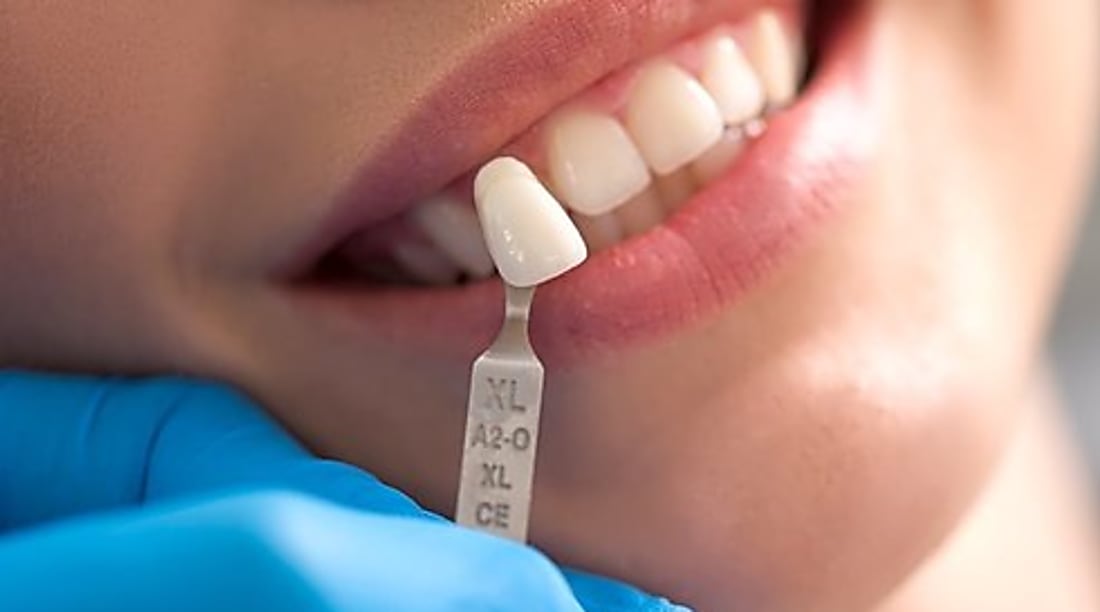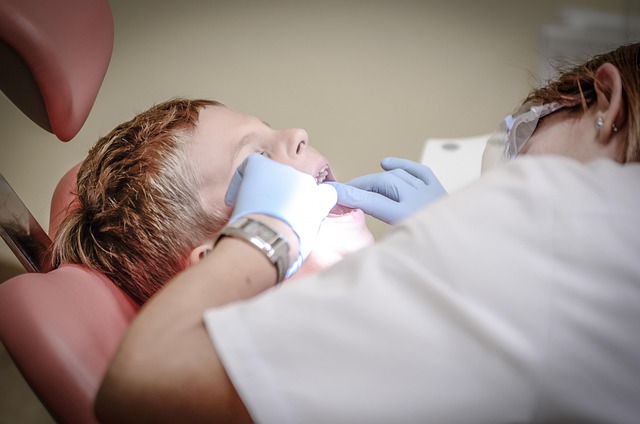Understanding Permanent Tooth Replacement Options for Older Adults
As we age, maintaining oral health becomes increasingly important for overall well-being and quality of life. Many seniors face tooth loss due to decay, gum disease, or injury, and dental implants have emerged as a popular solution for restoring both function and appearance. Understanding the options, costs, and considerations specific to older adults can help you make informed decisions about this significant investment in your health.

Tooth loss affects millions of seniors worldwide, impacting their ability to eat, speak, and smile confidently. While traditional dentures have long been the go-to solution, dental implants offer a more permanent and natural-feeling alternative. These titanium posts are surgically placed into the jawbone, serving as artificial tooth roots that support replacement teeth. For older adults considering this option, several factors come into play, from health considerations to financial planning.
What Are Dental Implants and How Do They Work for Seniors
Dental implants consist of three main components: a titanium post inserted into the jawbone, an abutment that connects to the post, and a custom-made crown that resembles a natural tooth. The process typically takes several months, as the implant must fuse with the jawbone through a process called osseointegration. For seniors, this procedure can be highly successful, with studies showing success rates above 95 percent in healthy patients. Age alone is not a barrier to getting implants; rather, overall health and bone density are the critical factors. Conditions like diabetes, osteoporosis, or heart disease may require additional precautions but do not necessarily disqualify candidates. A thorough evaluation by a qualified dental professional is essential to determine suitability.
Health Considerations for Seniors Seeking Dental Implants
Before proceeding with dental implants, seniors should undergo comprehensive medical and dental evaluations. Adequate jawbone density is crucial for implant stability, and some older adults may require bone grafting procedures if their bone has deteriorated over time. Gum health is equally important, as periodontal disease can compromise implant success. Certain medications, particularly those affecting bone metabolism or blood clotting, may need to be adjusted or monitored closely during the implant process. Additionally, seniors with compromised immune systems may face higher infection risks. Discussing all health conditions and medications with both your dentist and primary care physician ensures a coordinated approach to treatment. The healing process may take longer for older adults, but with proper care and follow-up, dental implants can provide decades of reliable service.
Understanding Dental Implant Costs and Financial Options
The cost of dental implants varies significantly based on geographic location, the complexity of the procedure, and the number of teeth being replaced. Single tooth implants typically range from 1,500 to 6,000 dollars per tooth in many regions, while full-mouth restoration can cost between 20,000 and 45,000 dollars. These figures include the surgical placement, abutment, and crown, though additional procedures like bone grafting or sinus lifts will increase the total expense. Many dental insurance plans provide limited coverage for implants, often classifying them as cosmetic rather than medically necessary. However, some plans may cover portions of the procedure, particularly the crown component. Seniors should carefully review their insurance policies and inquire about coverage specifics. Payment plans, dental savings plans, and financing options through third-party providers can help make implants more accessible. Some dental schools and community health centers offer reduced-cost services performed by supervised students.
| Provider Type | Services Offered | Cost Estimation |
|---|---|---|
| Private Dental Practices | Comprehensive implant services, personalized care | 1,500 - 6,000 per tooth |
| Dental Schools | Supervised student procedures, reduced fees | 1,000 - 3,500 per tooth |
| Specialty Clinics | Advanced implant procedures, full-mouth restoration | 3,000 - 8,000 per tooth |
| Community Health Centers | Basic implant services, sliding scale fees | 1,200 - 4,000 per tooth |
Prices, rates, or cost estimates mentioned in this article are based on the latest available information but may change over time. Independent research is advised before making financial decisions.
Finding Dental Implant Discounts and Savings Programs
Several avenues exist for seniors seeking more affordable dental implant options. Dental discount plans, which differ from insurance, offer reduced rates at participating providers for an annual membership fee, typically ranging from 100 to 200 dollars. These plans can provide savings of 10 to 60 percent on implant procedures. Some dental practices offer in-house membership programs with similar benefits. Nonprofit organizations and charitable foundations occasionally provide grants or reduced-cost dental care to seniors meeting specific income criteria. Veterans may qualify for dental benefits through the Department of Veterans Affairs, though coverage varies based on service history and disability status. Timing can also affect costs, as some practices offer promotional pricing during slower periods. Seniors should compare multiple providers, request detailed treatment plans with itemized costs, and inquire about any available discounts for seniors, military veterans, or cash payments. Traveling to areas with lower costs of living may also result in significant savings, though this requires careful consideration of follow-up care logistics.
Maintaining Dental Implants for Long-Term Success
Once dental implants are in place, proper maintenance is essential to ensure their longevity. Daily oral hygiene practices, including brushing twice daily and flossing around implants, help prevent peri-implantitis, an infection that can lead to implant failure. Regular dental checkups, typically every six months, allow professionals to monitor implant health and address any issues early. Seniors should avoid habits that can damage implants, such as chewing ice, using teeth as tools, or smoking, which significantly increases failure risk. Special cleaning tools, like interdental brushes and water flossers, can make maintaining implants easier for those with limited dexterity. A balanced diet rich in calcium and vitamin D supports overall bone health, which is crucial for implant stability. With proper care, dental implants can last 20 years or more, making them a worthwhile investment for many seniors.
Weighing the Benefits and Alternatives
Dental implants offer numerous advantages over traditional dentures and bridges, including improved comfort, better chewing ability, and preservation of jawbone structure. They do not require altering adjacent teeth, as bridges do, and they eliminate the inconvenience of removable dentures. However, the higher upfront cost and lengthy treatment process may not suit everyone. Alternatives include traditional removable dentures, which are more affordable but less stable, and implant-supported dentures, which combine the stability of implants with the affordability of dentures by using fewer implants to secure a full arch. Mini dental implants represent another option, offering a less invasive procedure at lower cost, though they may not be suitable for all situations. Each option has distinct advantages and limitations, and the best choice depends on individual health status, budget, lifestyle, and personal preferences. Consulting with experienced dental professionals and considering multiple opinions can help seniors make the decision that best aligns with their needs and goals for oral health and quality of life.




